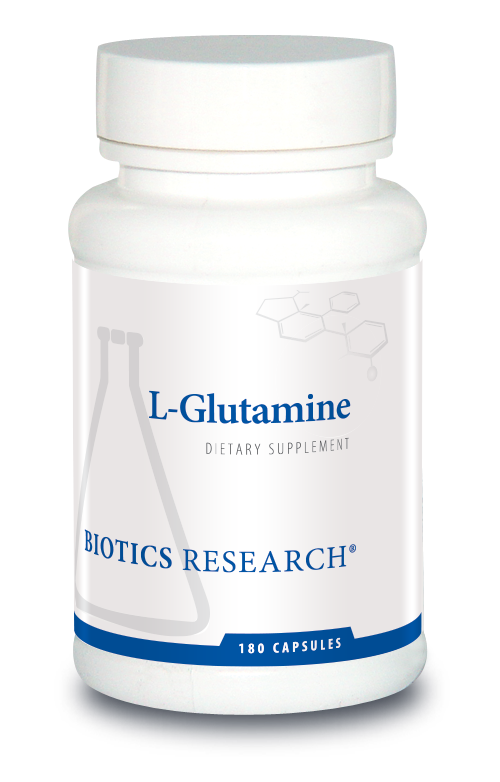Description
L-Glutamine is the most abundant amino acid in the body. Although the body manufactures glutamine during times of extreme stress (such as after very heavy exercise or an injury), in certain circumstances the body may need more glutamine than it can make. Most glutamine is stored in the muscles, followed by the lungs, where much of the glutamine is made. According to the University of Maryland Medical center (https://umm.edu.com), glutamine functions as an important compound in removing excess ammonia (a common waste product in the body). It also assists in immune system functions, and appears to be needed for normal brain function and digestion. Glutamine helps to protect the gastrointestinal mucosa, and is a major fuel for enterocytes. It also supports tissues in the body that rapidly turn over, such as intestinal cells (intestinal epithelium). High levels of cortisol during times of stress can lower the body’s stores of glutamine.


